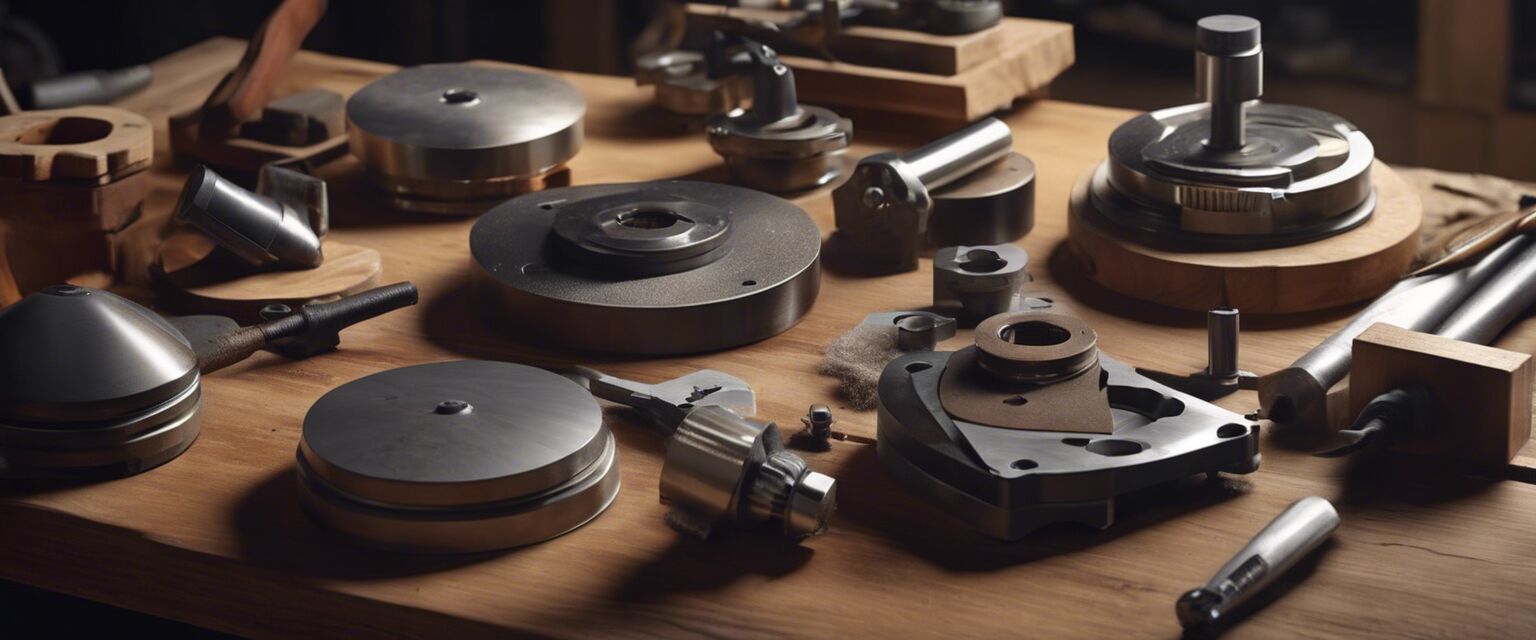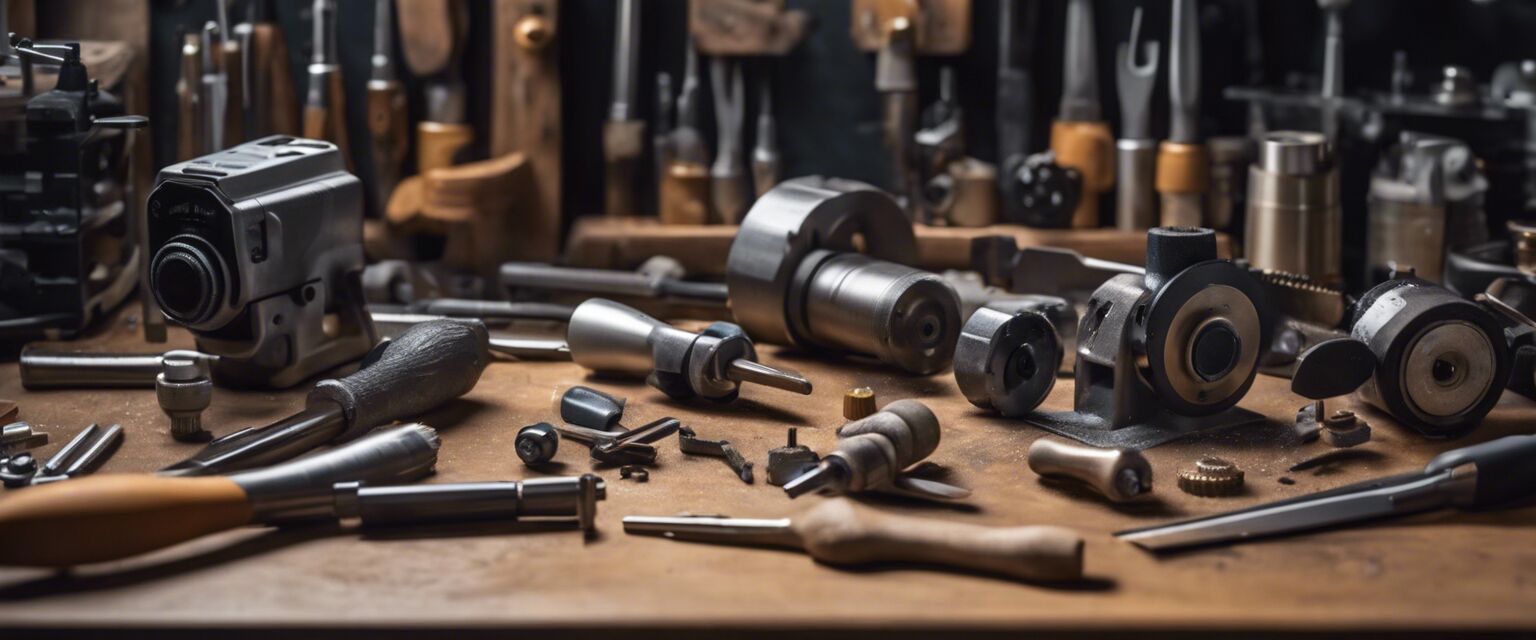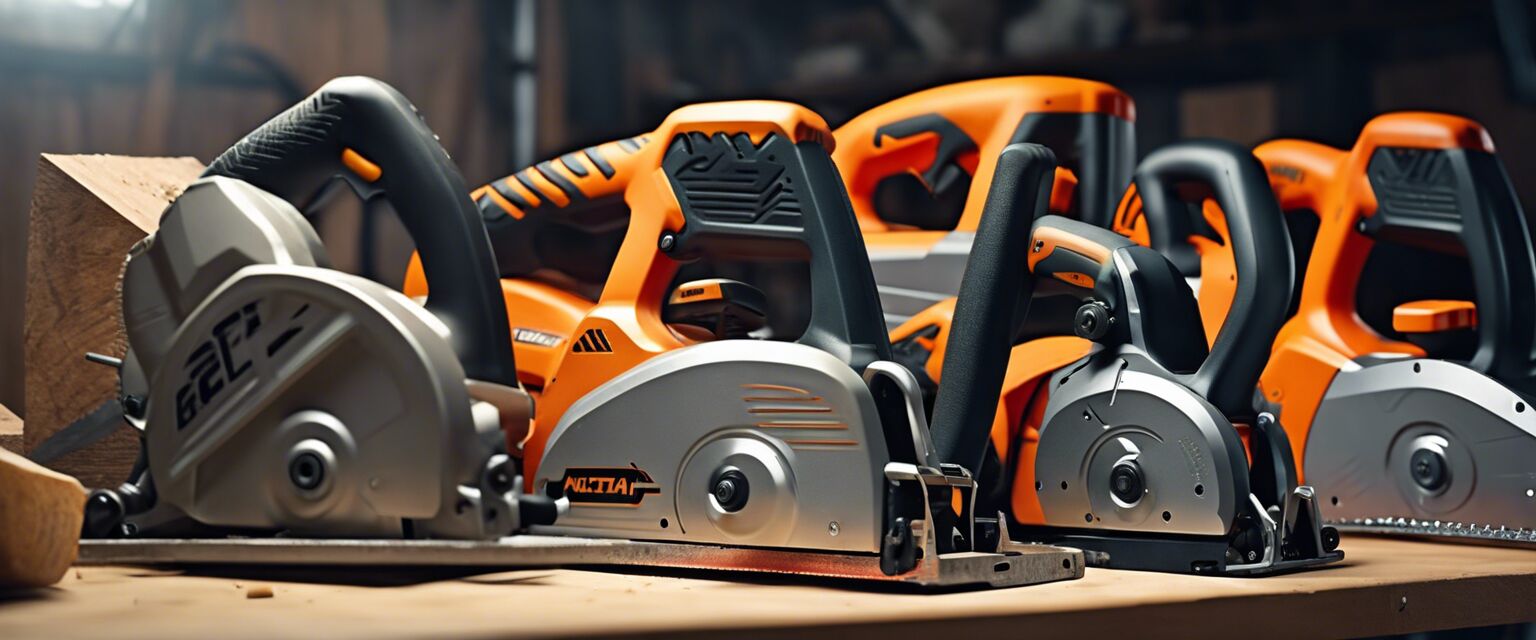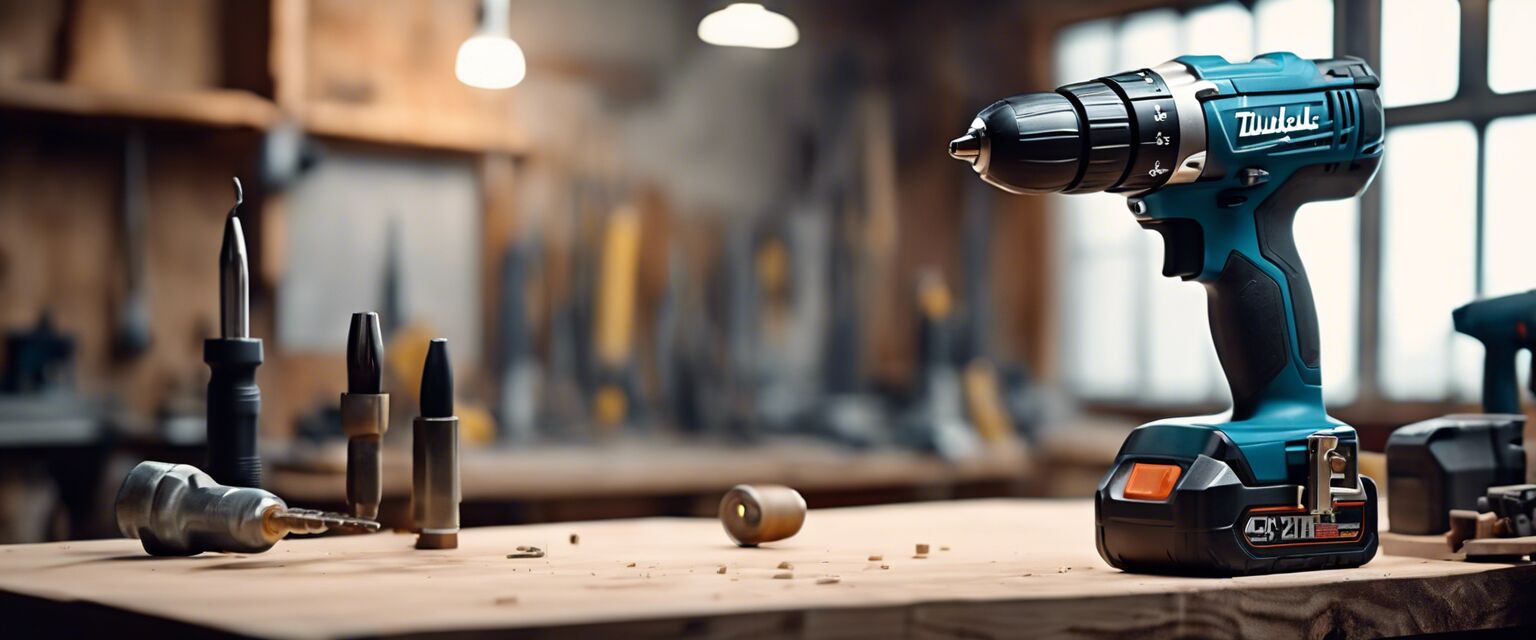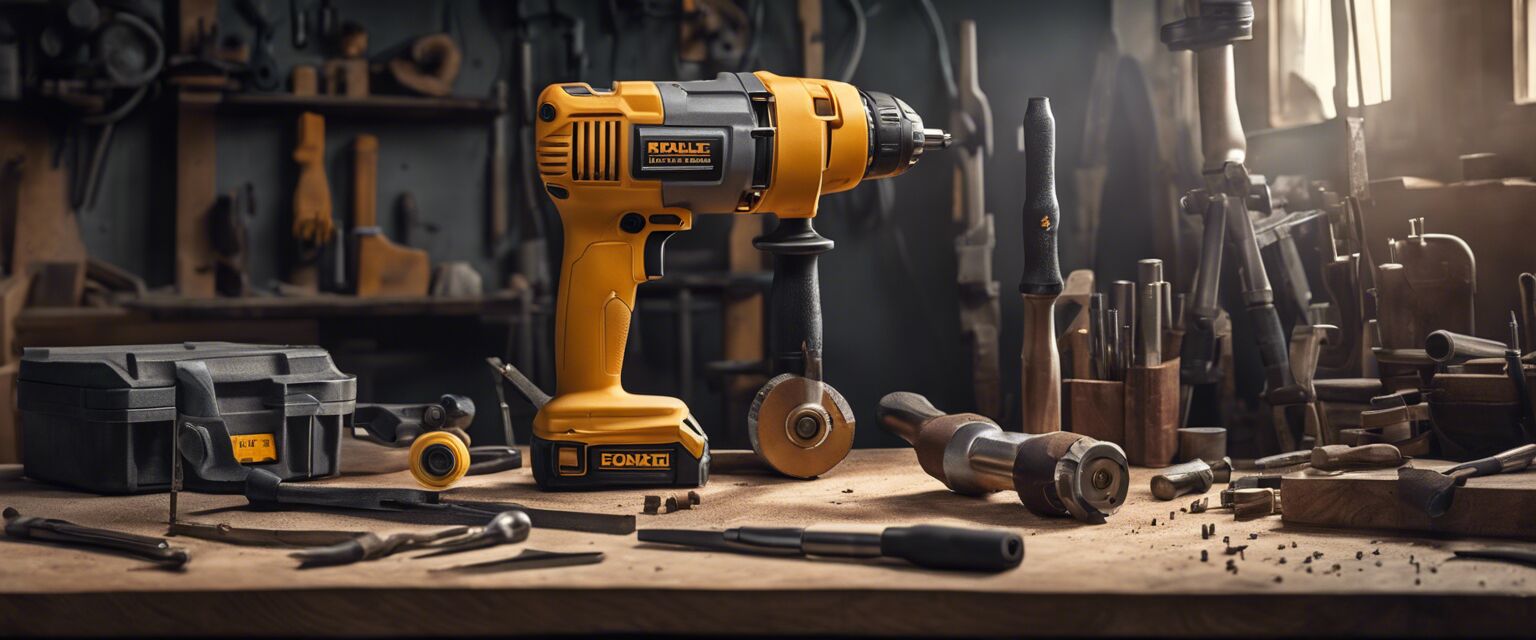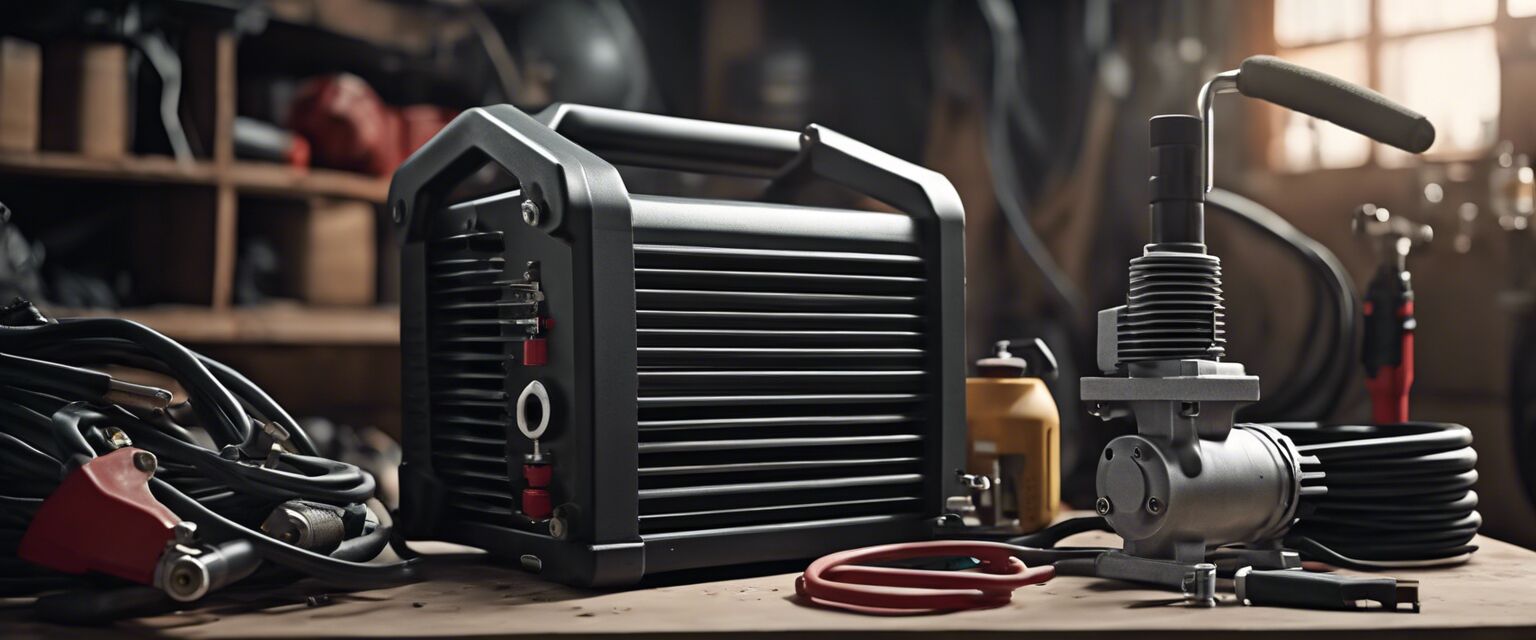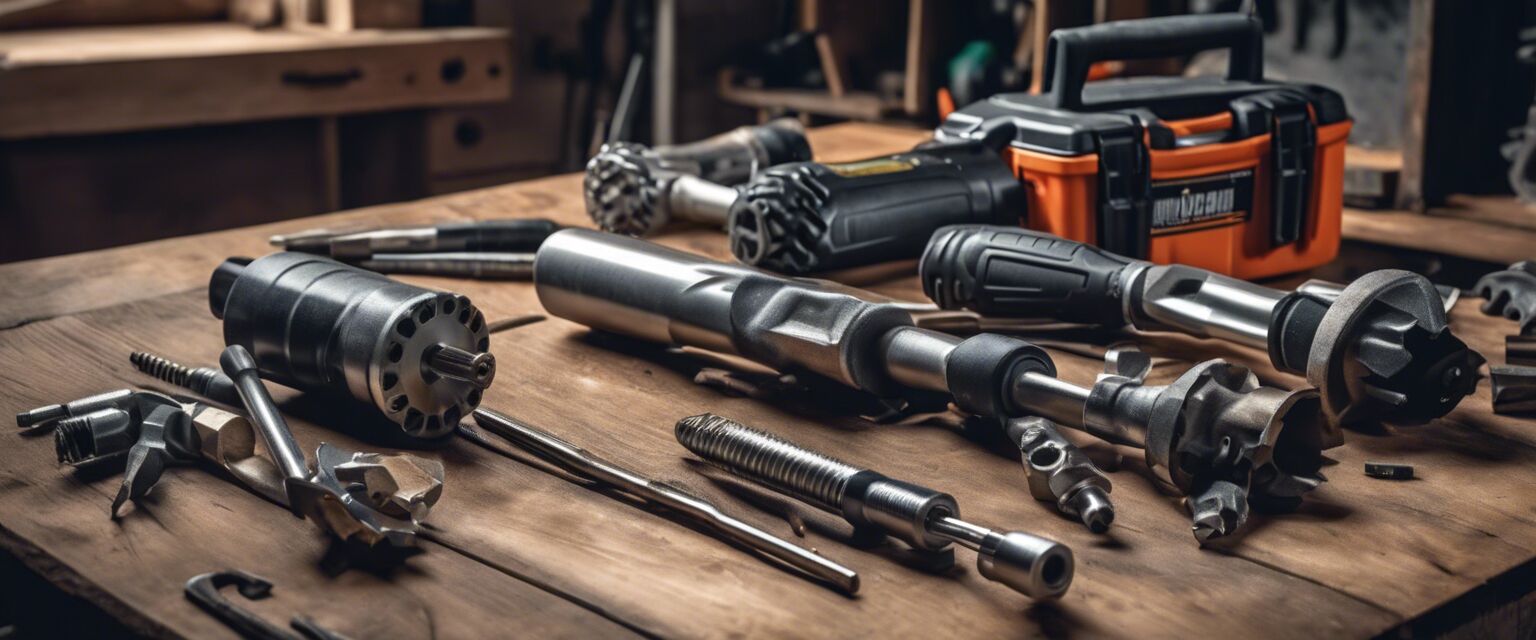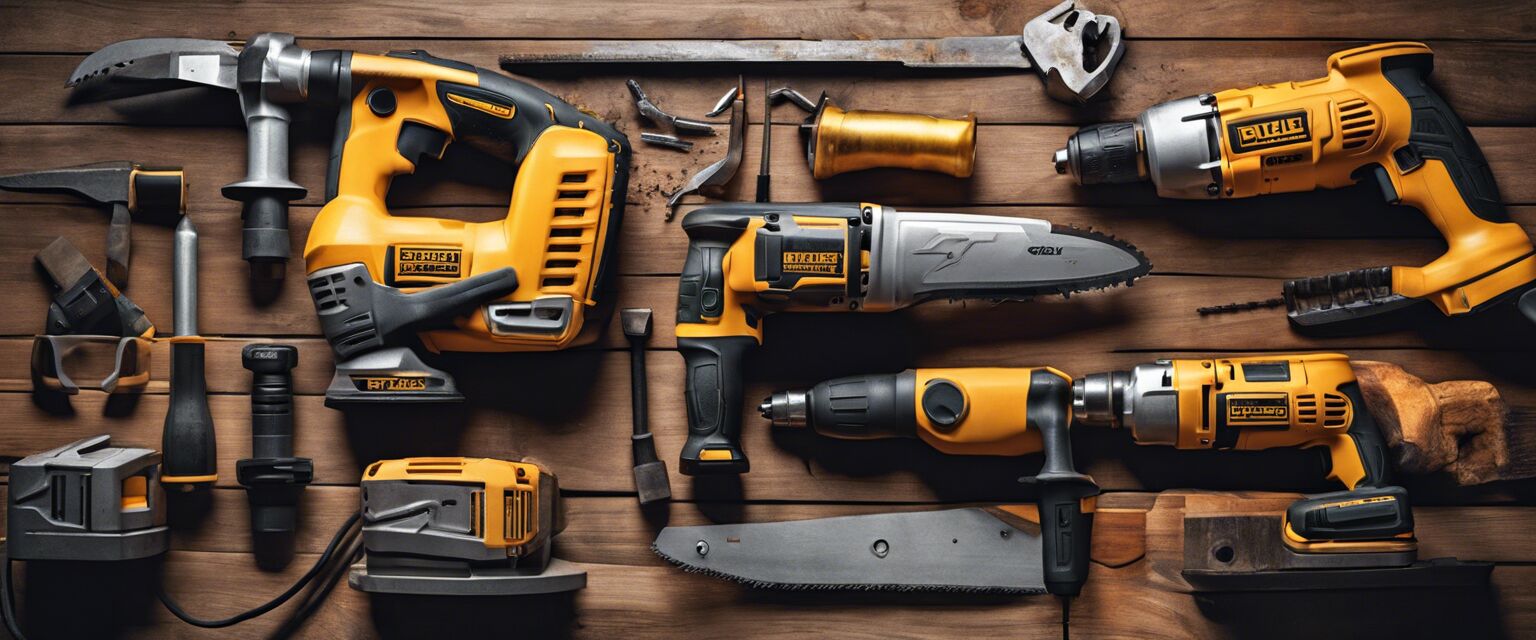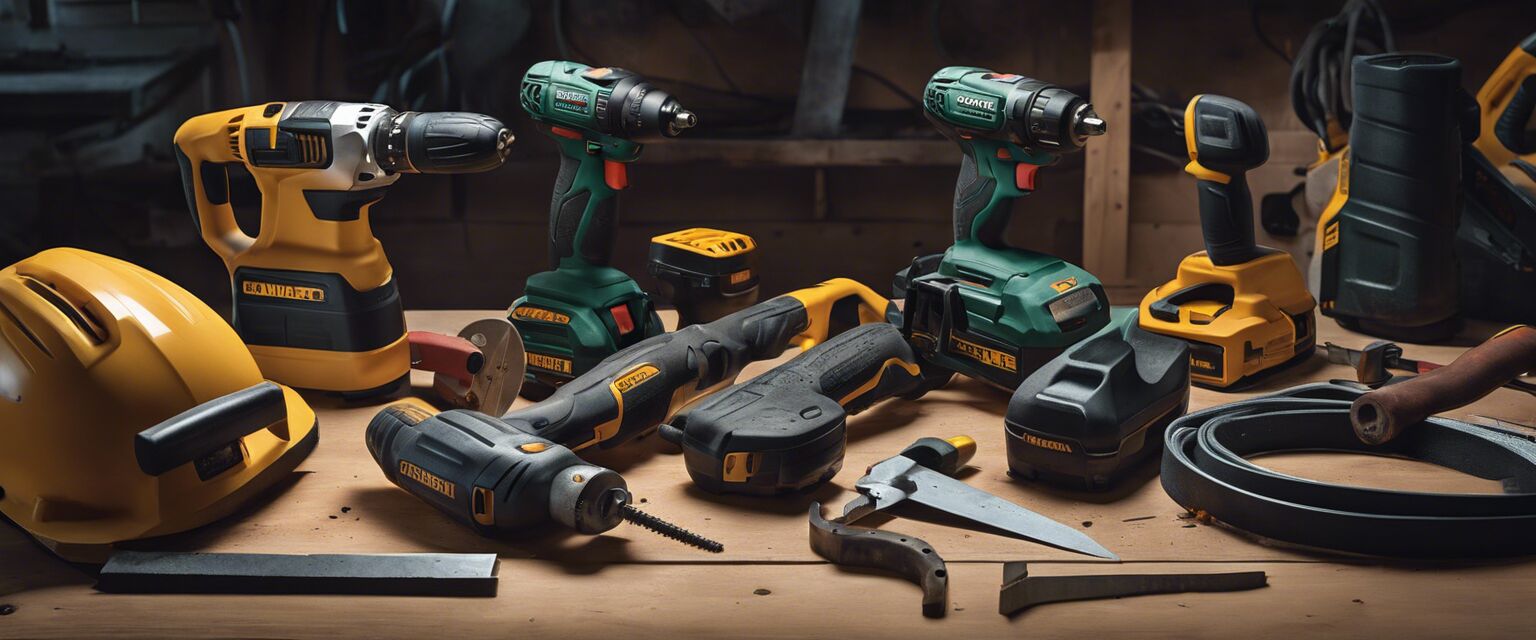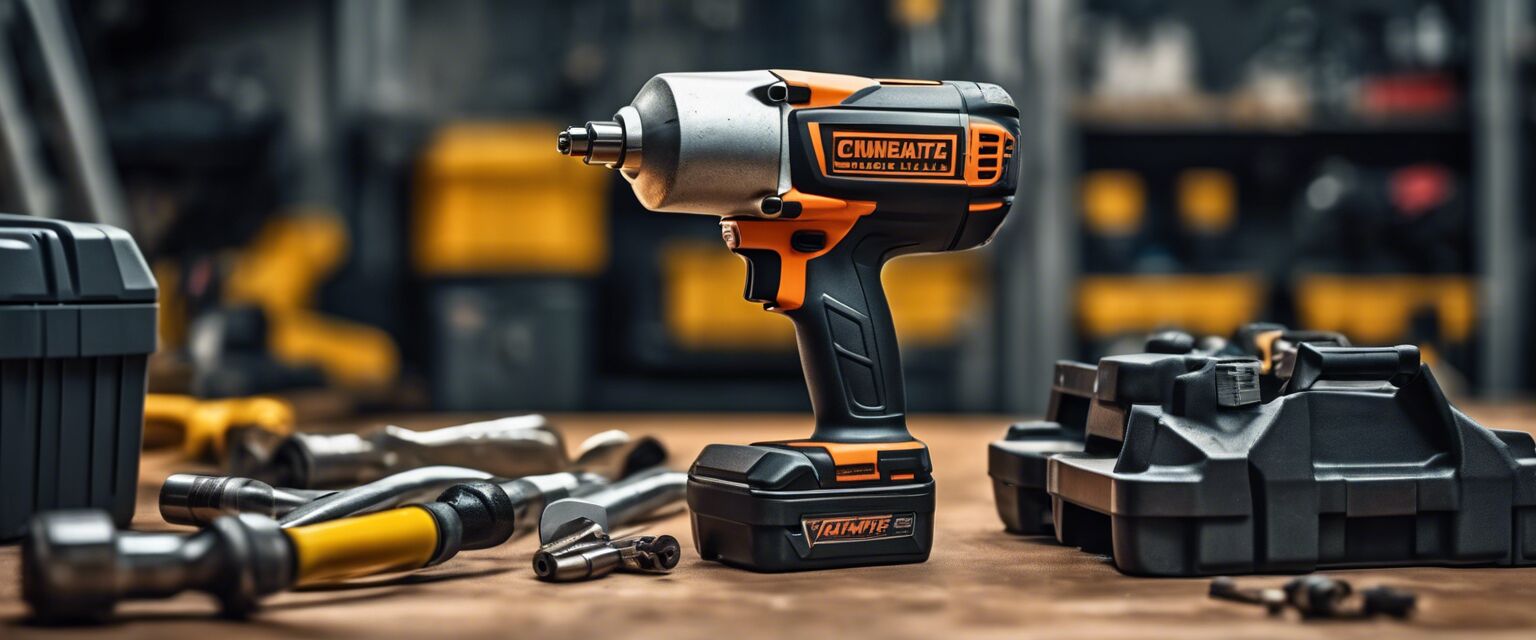
Impact Wrenches: A Comprehensive Guide
Impact wrenches are a staple in many industries, from automotive to construction. With their powerful torque and versatility, it's no wonder they're a favorite among professionals and DIYers alike. But with so many options available, it can be daunting to choose the right one for your needs. In this guide, we'll cover the ins and outs of impact wrenches, including types, features, and uses.
Key Takeaways
- Impact wrenches are available in cordless, corded, and pneumatic options
- They're ideal for heavy-duty applications, such as lug nuts and bolts
- Look for features like torque control, variable speed, and LED lights
- Consider the weight, ergonomics, and battery life when choosing an impact wrench
Types of Impact Wrenches
Impact wrenches come in three main types: cordless, corded, and pneumatic. Each has its own advantages and disadvantages.
| Type | Advantages | Disadvantages |
|---|---|---|
| Cordless | Portability, convenience, and reduced fatigue | Higher cost, limited battery life, and potential for battery drain |
| Corded | Consistent power, lower cost, and no battery worries | Restricted mobility, cord management, and potential for cord damage |
| Pneumatic | High torque output, low cost, and simplicity | Requires air compressor, hose management, and potential for air leaks |
Features to Consider
When choosing an impact wrench, consider the following features:
- Torque control: Adjustable torque settings for precise control
- Variable speed: Allows for more versatility and precision
- LED lights: Illuminates the work area for improved visibility
- Weight and ergonomics: Look for comfortable grips and balanced designs
- Battery life: Consider the battery type, capacity, and charging time
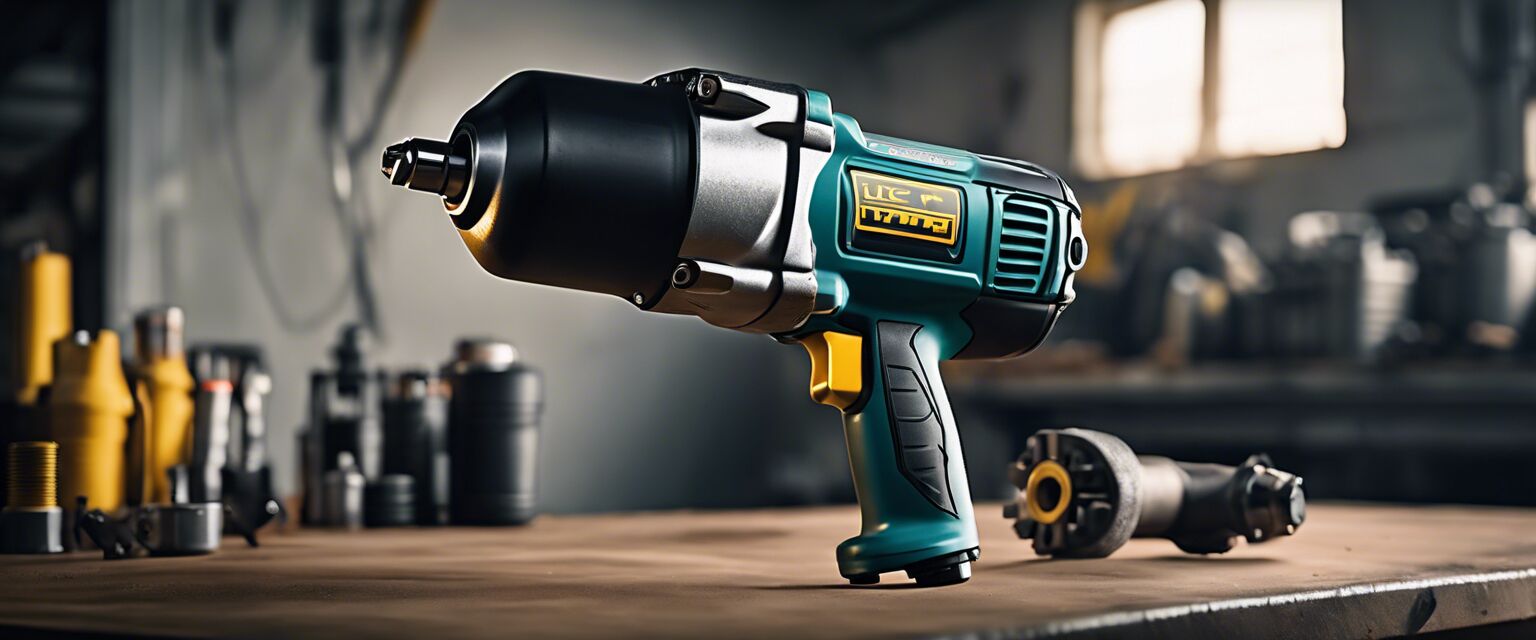
Uses for Impact Wrenches
Impact wrenches are ideal for a variety of applications, including:
- Loosening lug nuts and bolts
- Tightening bolts and nuts
- Removing rusted or stuck parts
- Driving large screws and fasteners
They're commonly used in industries such as:
- Automotive
- Construction
- Manufacturing
- Heavy equipment maintenance
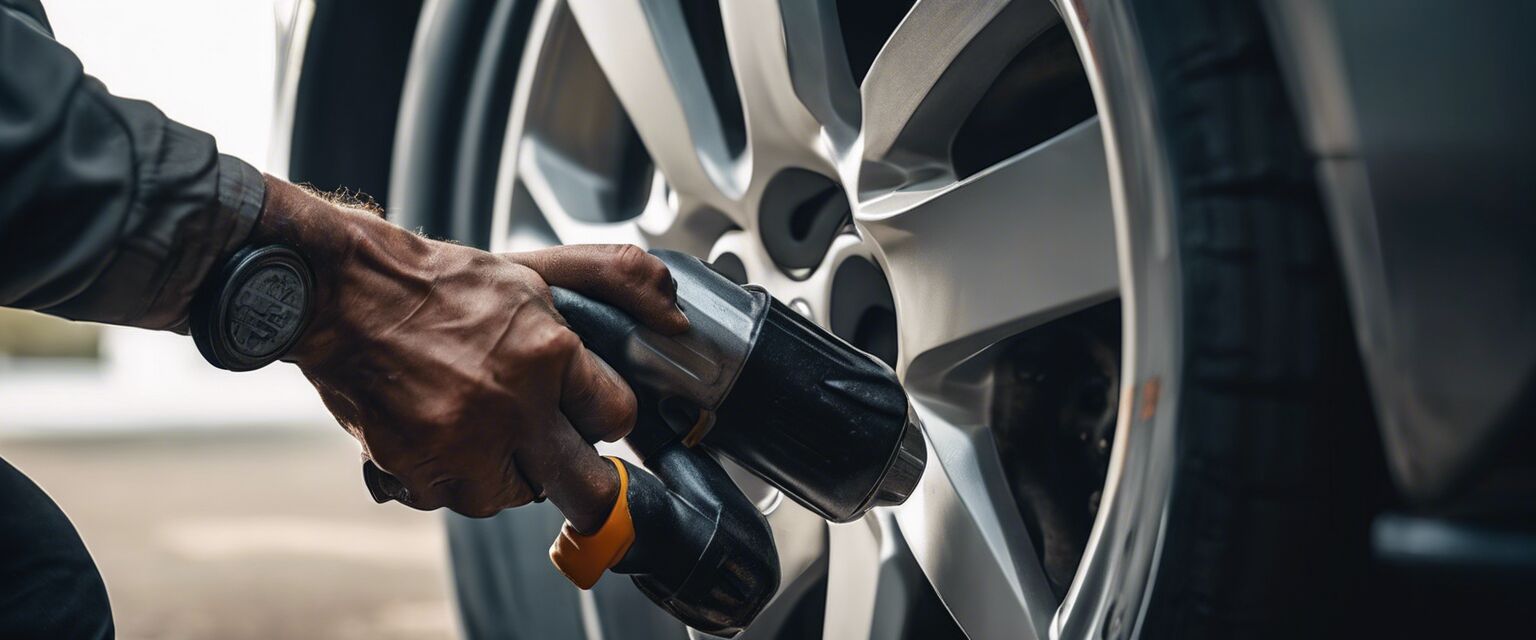
Choosing the Right Impact Wrench
When selecting an impact wrench, consider the following factors:
- Power source: Cordless, corded, or pneumatic
- Torque output: Measured in ft-lbs or Nm
- Speed: Measured in RPM
- Weight and ergonomics: Look for comfortable grips and balanced designs
- Battery life: Consider the battery type, capacity, and charging time
For more information on power tools, check out our guides on cordless power tools and corded power tools.
Conclusion
Impact wrenches are a versatile and powerful tool that can make a significant difference in your work or project. By understanding the types, features, and uses of impact wrenches, you'll be better equipped to choose the right one for your needs. Remember to consider the power source, torque output, speed, weight, and ergonomics when making your decision.
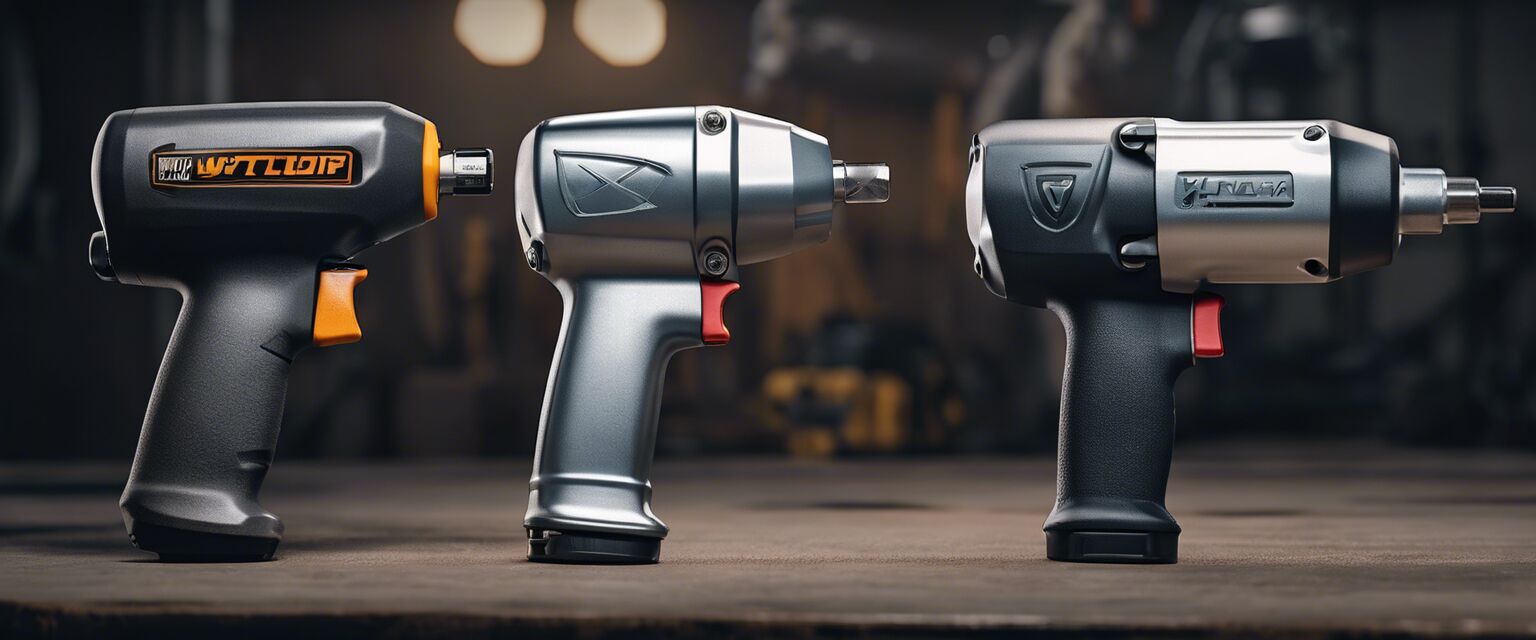
Pros
- High torque output for heavy-duty applications
- Versatile and can be used for a variety of tasks
- Available in cordless, corded, and pneumatic options
- Features like torque control and variable speed improve precision
Cons
- Can be heavy and fatiguing to use for extended periods
- Requires regular maintenance and upkeep
- Pneumatic options require an air compressor and hose management
- Cordless options have limited battery life and potential for battery drain
For more information on tool storage solutions, check out our guide on tool storage solutions.
Beginners Section
New to impact wrenches? Here are some tips to get you started:
- Start with a lower torque setting and gradually increase as needed
- Use the correct socket size and type for the job
- Keep the impact wrench well-maintained and clean
- Practice using the impact wrench on smaller tasks before moving to heavier applications
